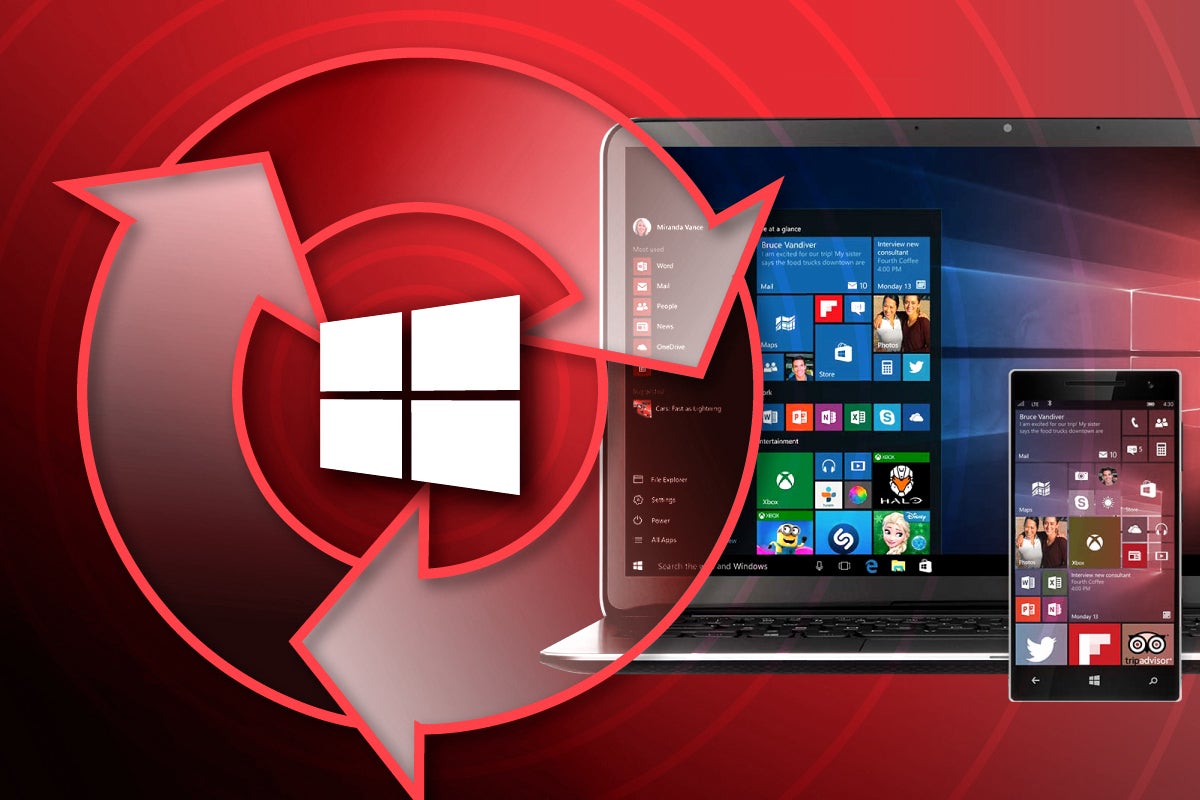Microsoft beefs up Edge's security against zero-day attacks

Credit to Author: Lucas Mearian| Date: Thu, 20 Jan 2022 13:16:00 -0800
In the latest release of its Edge beta, Microsoft introduced a new way for IT admins to better secure the Chromium-based browser against web-based attacks.
The release notes for Microsoft Edge Beta Channel describe the new security features as employing several techniques to guard against so-called zero-day exploits; Zero-day exploits are software or network vulnerabilities developers are unaware of, and so they’ve not been patched.
Imagine if the keylock mechanism on your home’s backdoor was faulty and jiggling the doorknob released the latch. Burglars could walk door to door looking for that particular vulnerability and jiggle doorknobs until one opened. Zero days are the same concept, but in cyberspace.






 Microsoft has recently developed a new update for Windows 10 PCs, called Windows 10 November 2021 update, version…
Microsoft has recently developed a new update for Windows 10 PCs, called Windows 10 November 2021 update, version…